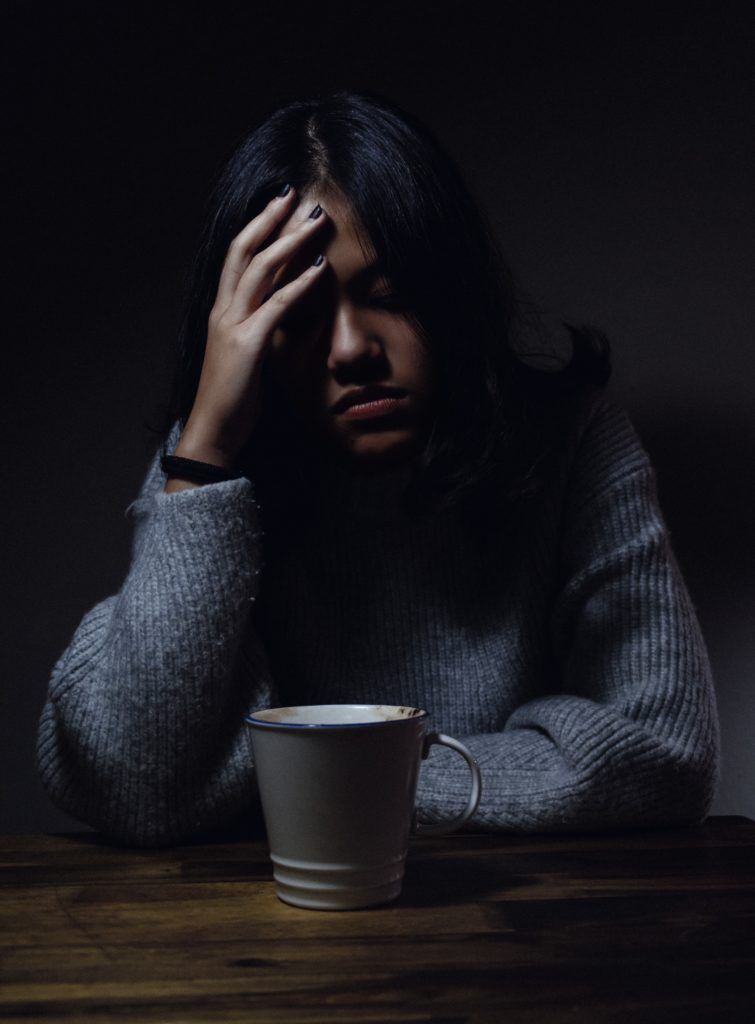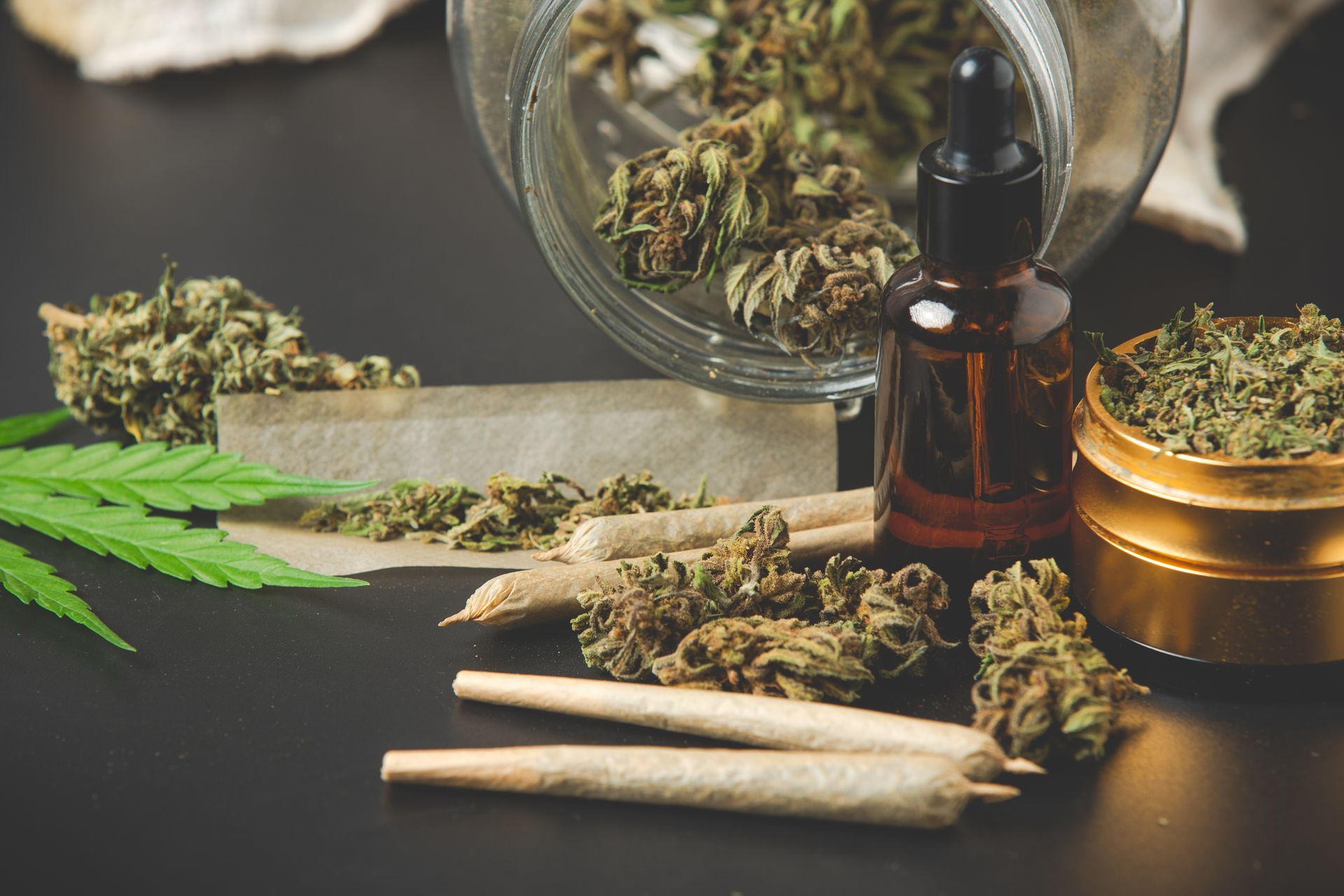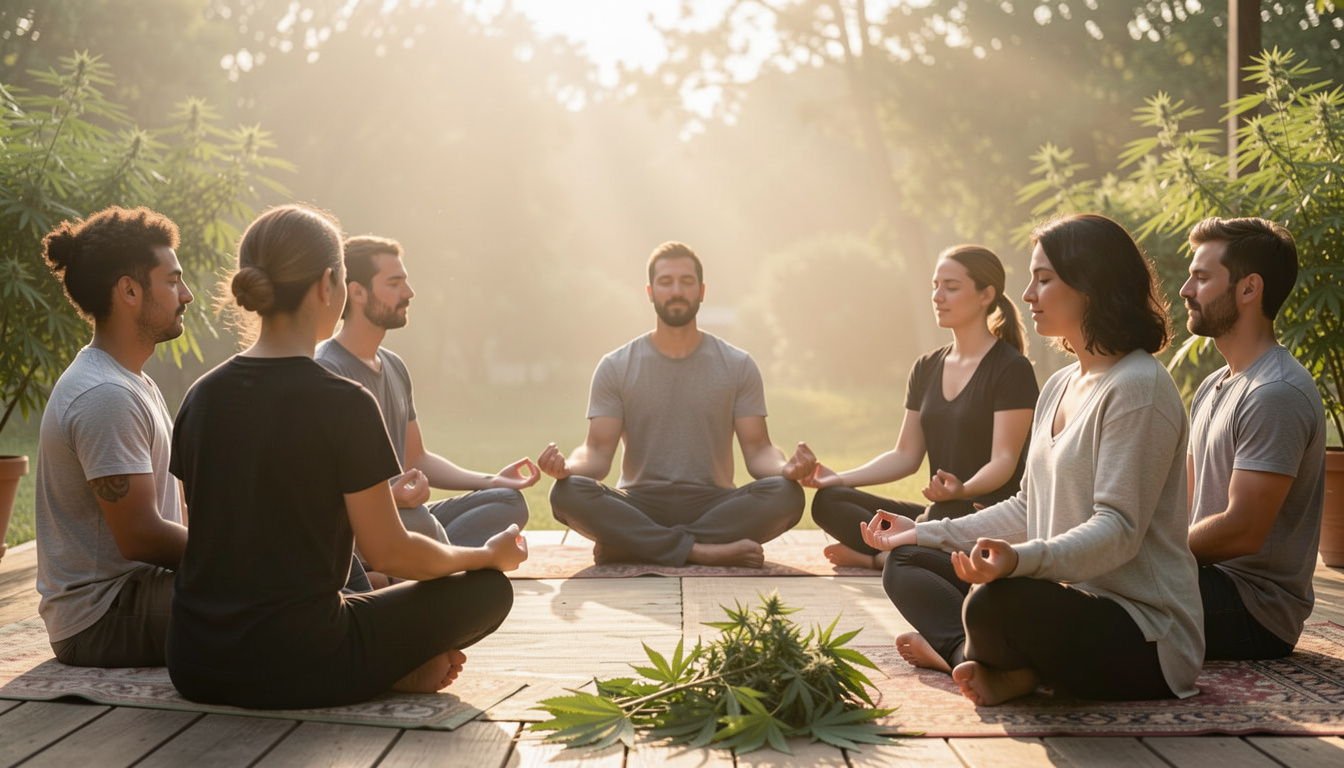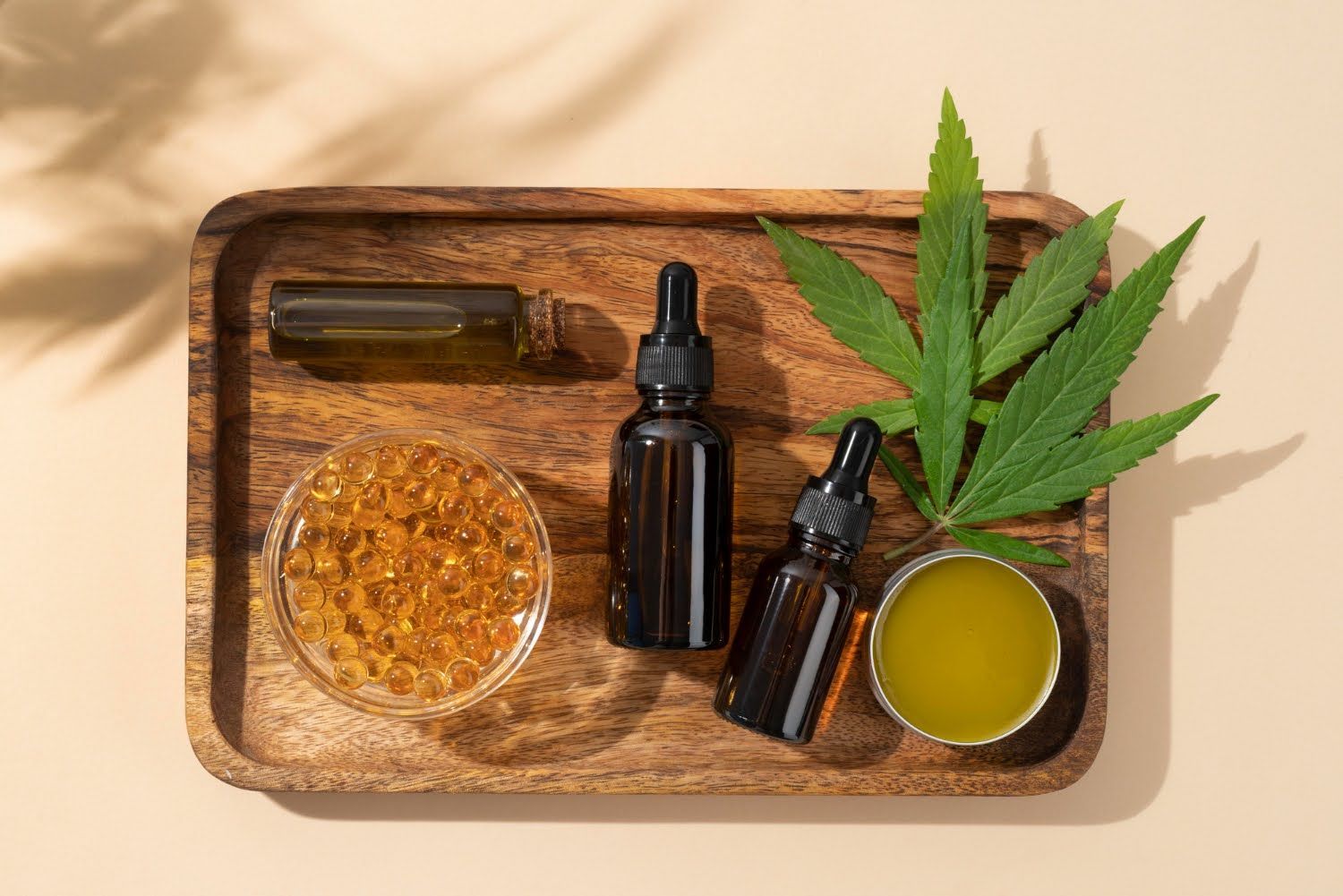Can Cannabis Treat Seasonal Depression?
Seasonal affective disorder (SAD), also known as seasonal depression, affects 10 million people annually nationwide. Though it can occur anytime the seasons change, it most commonly develops at the beginning of winter and resolves itself as warmer weather returns. While the name, “winter blues,” may sound kind of quaint, the consequences are serious. It’s no coincidence that suicide and self-harm statistically peak from December to March.
According to the Mayo Clinic , symptoms of seasonal affective disorder include:
- “Feeling listless, sad or down most of the day, nearly every day
- Losing interest in activities you once enjoyed
- Having low energy and feeling sluggish
- Having problems with sleeping too much
- Experiencing carbohydrate cravings, overeating and weight gain
- Having difficulty concentrating
- Feeling hopeless, worthless or guilty
- Having thoughts of not wanting to live”

It’s important to note that clinical depression and seasonal depression are not the same, nor is clinical depression a prerequisite for SAD. If you experience the above symptoms in a way that is abnormal for you, talk to your physician, psychiatrist, or naturopath. There are many natural options available for treatment, and cannabis may be one of them.
Cannabis naturally balances some of the chemical reactions in the brain that SAD sufferers can experience. For instance, hormonal fluctuations can impact mood and energy levels, which is believed to be why women are more likely to suffer from SAD than men. Cannabis addresses this directly by working with the endocannabinoid system to create the homeostasis the body needs to regulate mood.
In another example, the brain responds to darkness by producing melatonin, a hormone that helps facilitate sleep. In the dark winter months, those struggling with SAD often produce an excess of melatonin , which can lead to general fatigue and drowsiness. Cannabis can be the perfect antidote – just make sure it’s an uplifting, energetic sativa strain.
But sativas, which are known to be powerful antidepressants in their own right, aren’t the only kind of cannabis that can fight SAD. Products high in CBD are an especially useful option for those who get anxious or paranoid from THC. And since proper rest is essential for defeating SAD, indicas can also come in handy by providing deep, restful sleep.
There is one critical caveat, however. There is very little research on cannabis and SAD, specifically. And while some animal studies on cannabis and depression indicate that small doses may lessen feelings of depression, higher doses might exacerbate it . So, start small, keeping in mind that the goal isn’t to get high, but to find balance.
Besides, cannabis isn’t the only natural way to beat the winter blues. Human connection can also help with SAD (yes, even if it’s only on Zoom) – the more meaningful and intimate, the better. Forest bathing – mindfully immersing yourself in nature – is another great way to keep seasonal depression at bay. Supplement your wellness routine with vitamin D to replace what you’re missing from the sun, vitamin C to aid in serotonin production , and some good old-fashioned exercise to release endorphins and boost your energy levels.
Seasonal affective disorder can develop in anyone. If you think you might be suffering from SAD, talk to a healthcare professional and see if cannabis can help you. There is no shame in getting help to care for your mental health!
ADDITIONAL RECENT POSTS









